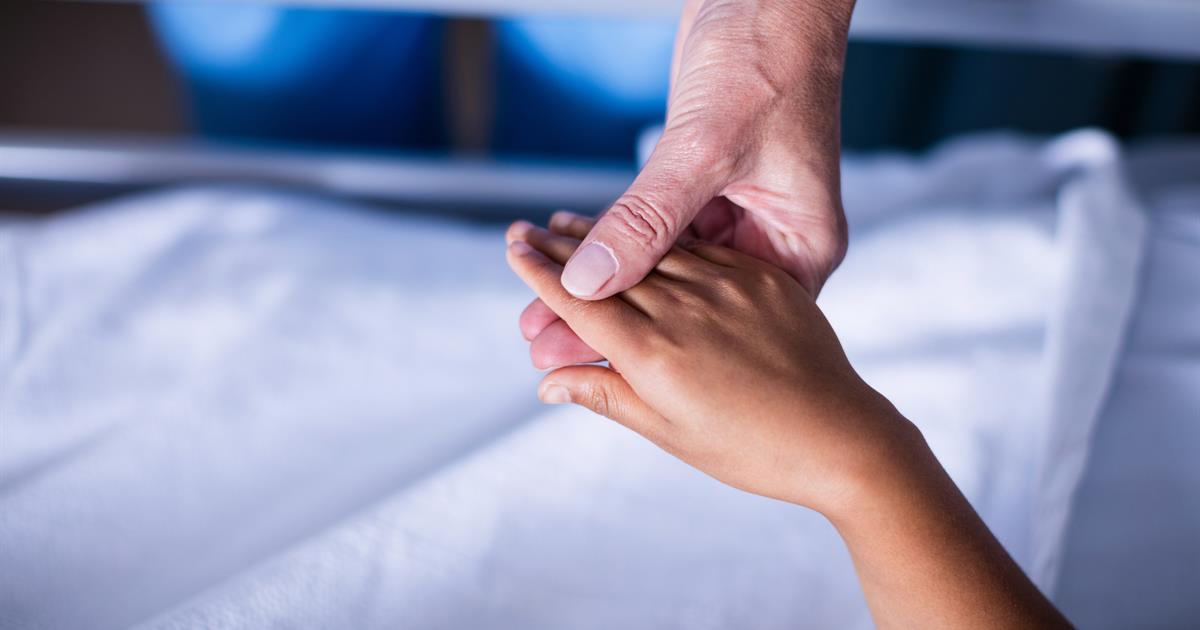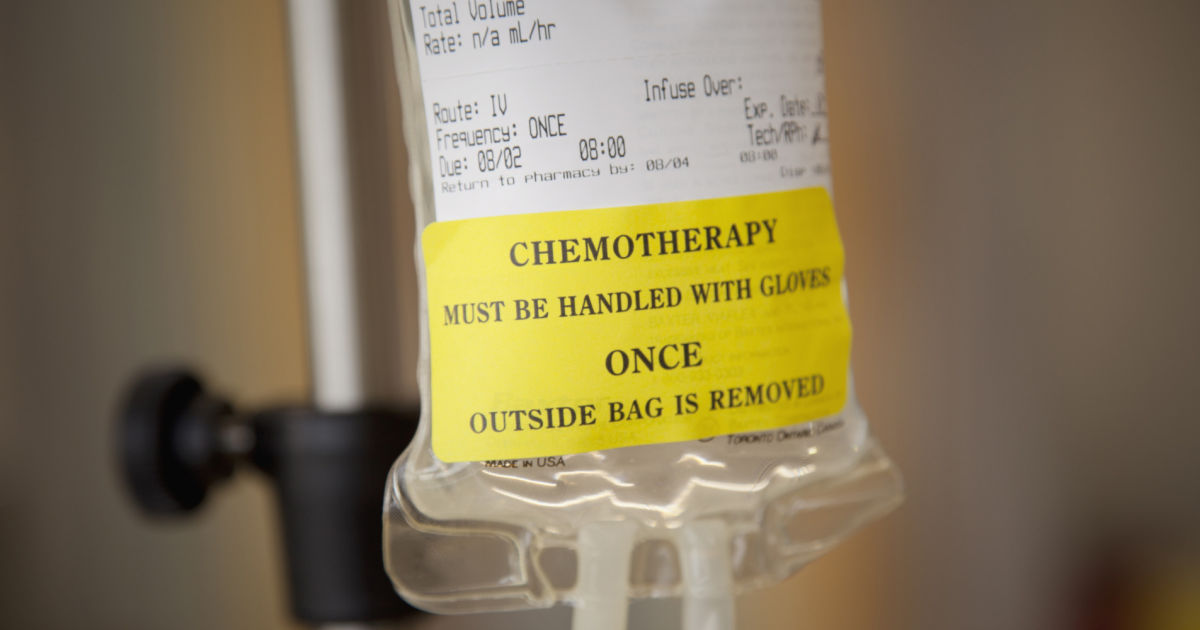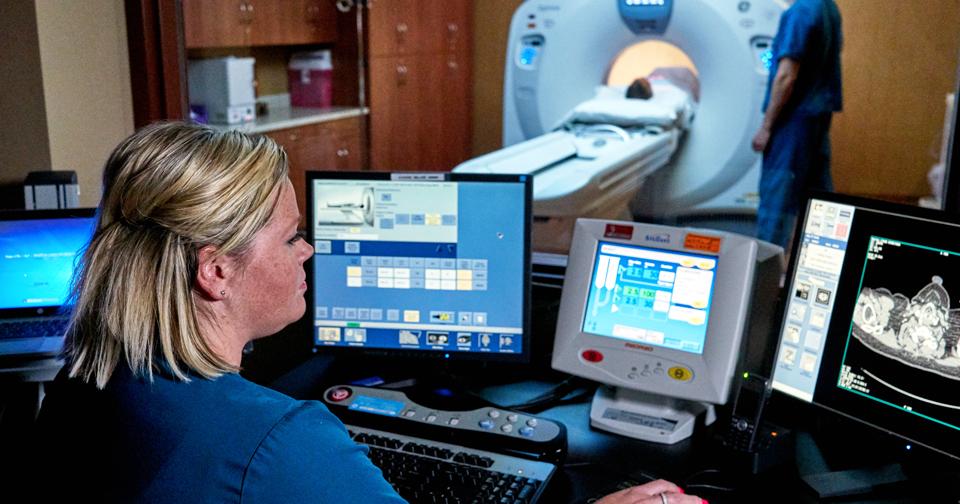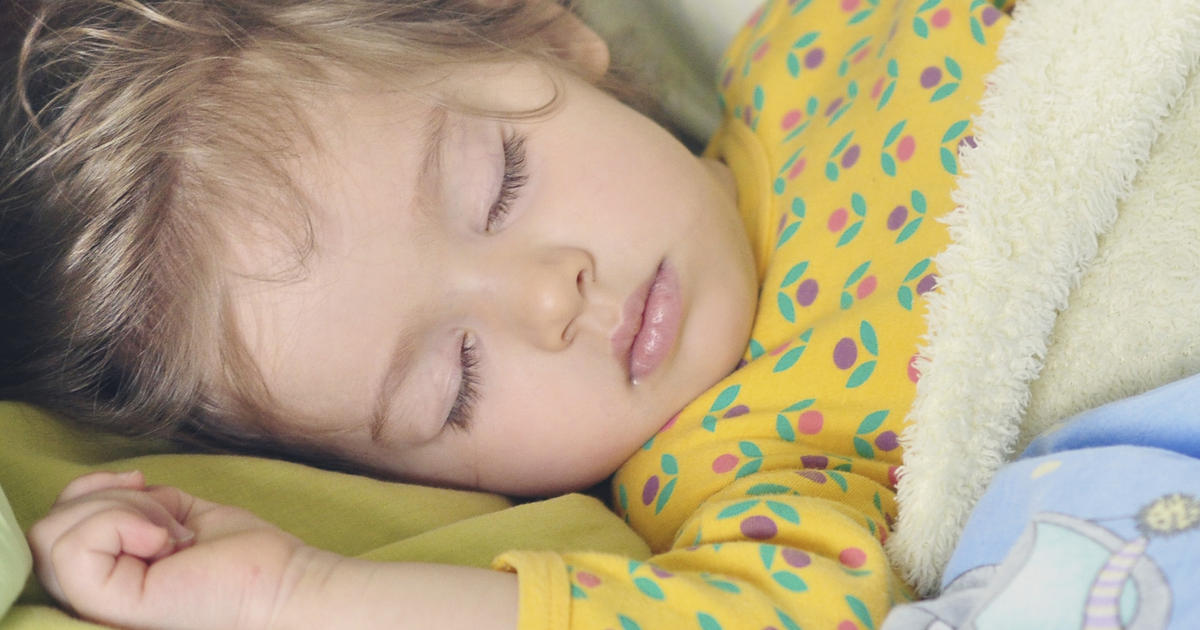Effective Options For Treating Wilms' Tumor
Wilms' tumor, which is also known as nephroblastoma, is a type of kidney cancer that most often occurs in children, with the majority of cases diagnosed at the age of three or four, and the condition seems to be slightly more prevalent in girls. Symptoms of Wilms' tumor include constipation, blood in the urine, high blood pressure, fatigue, fever, and abdominal pain or swelling. Doctors will begin with a physical examination and an ultrasound to diagnose this condition. Blood tests, urinalysis, x-rays, and CT or MRI scans are needed to confirm the diagnosis. Certain medical conditions can increase an individual's likelihood of developing Wilms' tumor. These include Edward's syndrome, Frasier syndrome, Perlman syndrome, WAGR syndrome, and Beckwith-Wiedemann syndrome. Congenital disabilities such as a missing iris (aniridia), undescended testicles, and having one side of the body larger than the other (hemihypertrophy) have also been linked to an increased risk of Wilms' tumor. The treatments and lifestyle changes outlined below are often recommended for Wilms' tumor.
Surgery

Surgery is often the first and primary treatment for Wilms' tumor in the United States. The most common procedure is a radical nephrectomy, which involves removing the entire kidney where the cancer is located, and the ureter and surrounding fat tissue are also removed. While the operation is being performed, surgeons also do a regional lymph node sampling, which removes some lymph nodes near the kidney to check if they have become cancerous. Before the procedure is complete, surgeons will examine the child's kidney and their liver. If any suspicious areas are found, biopsies will be taken immediately. Some Wilms' tumors may be too large to be treated surgically. In these cases, doctors will try to shrink the tumor with other treatments first, and an operation may be possible if the tumor size is successfully reduced.
Keep reading for more information on treating Wilms' tumor.
Chemotherapy

Chemotherapy is the use of intravenous or oral chemicals to destroy cancer cells throughout the body. It can be used before surgery to shrink tumors, and after surgery to destroy cancer cells that may be circulating in the bloodstream. Chemotherapy is also used for patients with tumors that have spread to areas other than the kidneys. For early-stage Wilms' tumors, vincristine and dactinomycin are the most commonly used chemotherapy medications. They are given intravenously, and initially, patients receive them every week. As chemotherapy progresses, the drugs are given every two to three weeks. In more advanced cancer cases, a combination of doxorubicin, cyclophosphamide, carboplatin, etoposide, and ifosfamide may be added to vincristine and dactinomycin. Most patients receive chemotherapy in specialist outpatient centers, though some may receive it in the hospital. Common chemotherapy side effects include nausea, hair loss, vomiting, diarrhea, increased risk of infections, constipation, changes in taste, and tingling in the hands and feet.
Reveal more options for treating Wilms' tumor now.
Radiotherapy

Radiotherapy is typically used for patients with stage three, four, or five of Wilms' tumor. It is often not necessary for earlier stages of the disease, and doctors only use it in those cases if it is determined an unfavorable histology is present. For Wilms' tumor, most patients receive external beam radiation therapy, where the patient lies on a table while a machine rotates around them to deliver radiation to specific areas. Radiation is most often done in cycles of five days per week for several weeks. Each daily session lasts about fifteen to thirty minutes, and the treatment is painless. Light sedation may be used to help younger patients remain still during the radiotherapy treatments. A plastic mold contoured to the child's body may be placed underneath the child as they lie on the treatment bed. This mold ensures the child is placed in the same position for each treatment, allowing radiologists to deliver the radiation with greater precision. Since young children are very sensitive to the effects of radiation, doctors try to use it for the shortest amount of time possible. Potential short-term side effects include fatigue, nausea, diarrhea, and sunburn or other reactions on the skin over the treated area. Long-term side effects include kidney damage, heart or lung problems, damage to the ovaries, abnormal menstrual cycles, and possible infertility.
Get to know more options for treating Wilms' tumor.
Make Time For Rest

Many of the treatments for Wilms tumor cause children to feel very fatigued. For this reason, it is important parents plan to make time for rest for their children. In particular, children are likely to feel tired after chemotherapy and radiation, and parents should encourage them to rest after these procedures. Sleep patterns and overall energy levels should be monitored on a daily basis at home, and parents should share any concerns or changes they notice with their child's medical team. If a child feels well, parents should encourage gentle activity and participation in normal activities as much as possible. Children should know they can stop to rest at any time if they feel tired. To help families cope with the disease, parents may wish to consider joining a support group for families of cancer patients. These groups can provide hope and practical advice for patients and caregivers. Children often need to take time away from school during their treatments, and parents should ask the child's school about home-bound schooling possibilities or ways to make up missed schoolwork.
Discover the next way to treat Wilms' tumor now.
Plan An Appropriate Healthy Diet

Some of the side effects from cancer treatment may cause children to lose their appetites or vomit. For this reason, parents need to plan an appropriate healthy diet for their children during treatment, and particular attention should be given to increase fluid intake. Patients undergoing chemotherapy will likely not want to eat much solid food, and increasing fluids can help counteract this decrease and ensure adequate caloric intake. Patients with Wilms' tumor can generally eat their normal diet, and they rarely need to restrict certain foods. Whenever possible, children's favorite foods can be included in their diet. If mouth sores make eating painful, parents may wish to try giving children soft foods like mashed potatoes, yogurt, pudding, soup, and applesauce. Parents may wish to consult with a nutritionist for help in healthy meal planning while their child is undergoing treatment.
